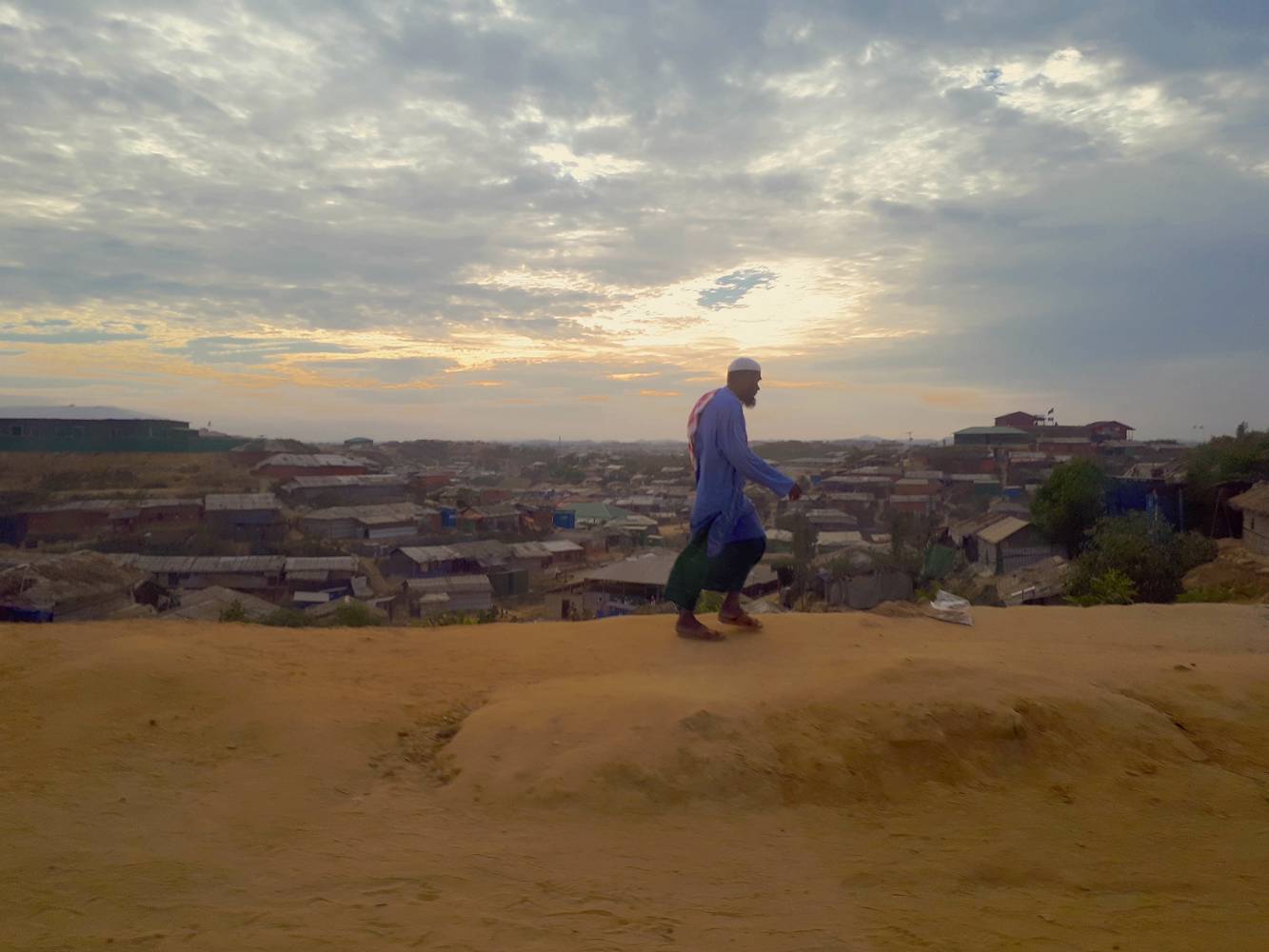
The project will investigate the current crisis of statelessness affecting millions of people in the Bengali borderlands, including the Rohingya population of Myanmar and Bengali Muslims in the Northeast Indian state of Assam.
Mohammad Salehin has received funding from the Norwegian Research Council for his project "Stateless in the Bengali borderlands: New technologies and challenges for identity and identification". The project team includes PRIO Research Professor Åshild Kolås and Senior Researcher Marte Nilsen, as well as researchers at the University of Dhaka, University of Tromsø, and BRAC University
The project's primary objective is to examine the production of statelessness by investigating the interplay between identity as discourse, as expressed through new means of communication and mobilization (smartphones; social media), and identity as practice, as shaped by novel technologies of biometric identification and related governance.
The 2017 mass exodus of Rohingya from Myanmar's Rakhine state gave rise to a major refugee crisis, and tension between Bangladesh and Myanmar. The 2019 exclusion of 1.9 million Assamese Bengalis from the National Register of Citizens (NRC) in Assam has sparked fears of another crisis, with mass detention of "foreigners" and possible deportation efforts looming on the horizon. Studying a region troubled by protracted conflict, this project aims to generate in-depth knowledge of how statelessness is produced, examining Rohingya and Assamese Bengali identity construction as a combination of self-identification and grassroots community-building, governmental projects of discrimination and denial of rights, and enemy "othering" by Rakhine and Assamese ethno-nationalists.
More information about this project will follow.





